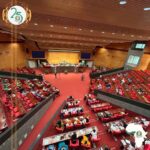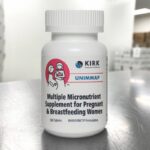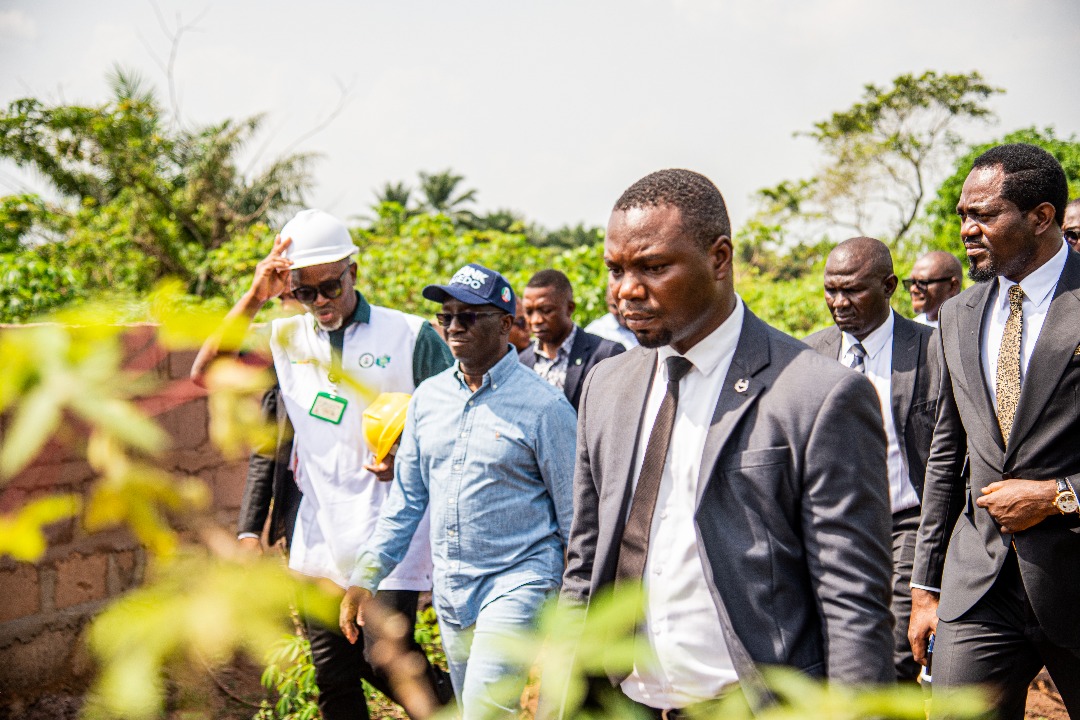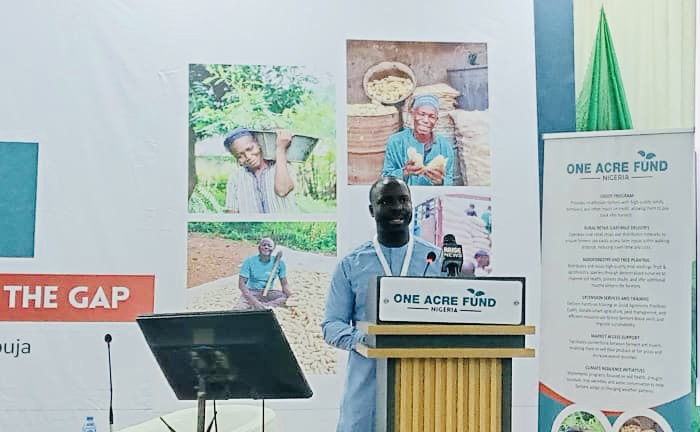Food Security: Gov. Okpebholo allocates 3,000 hectares for farming in Edo
By Nefishetu Yakubu The Edo Government has allocated 3,000 hectares of farmland across the three senatorial districts in the state under the Back to Farm project of Gov. Monday Okpebholo to ensure food sufficiency. It would be recalled that about 60 hectares (148 acres) had been cultivated in Iguoriakhi, OviaContinue Reading





















